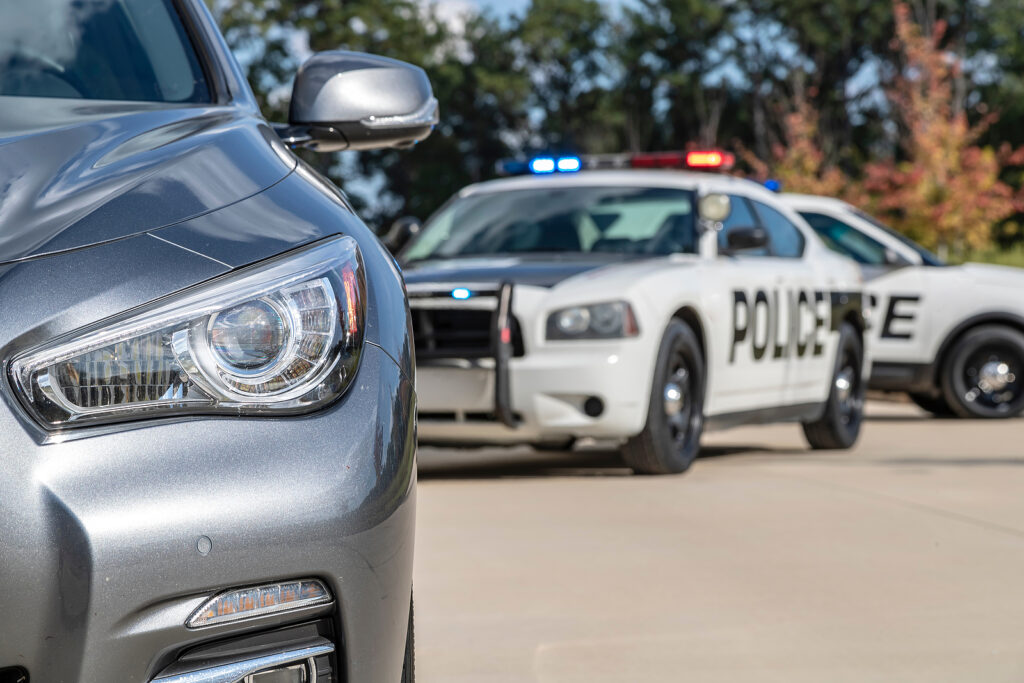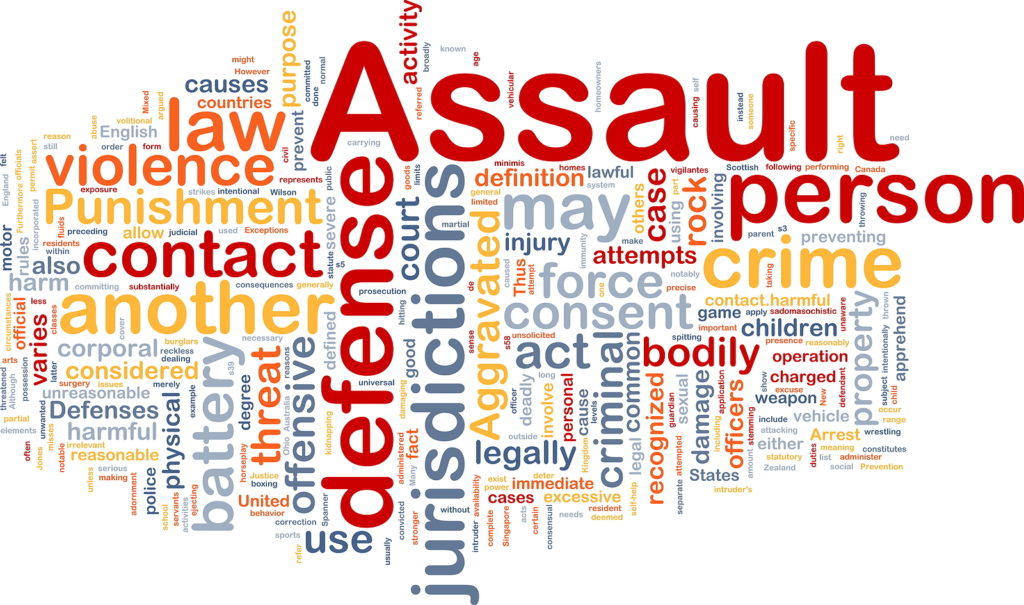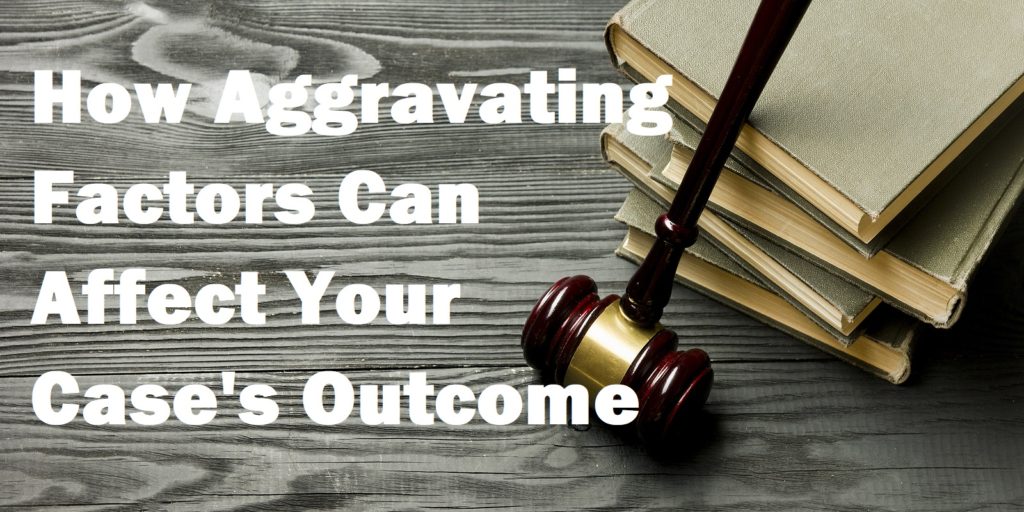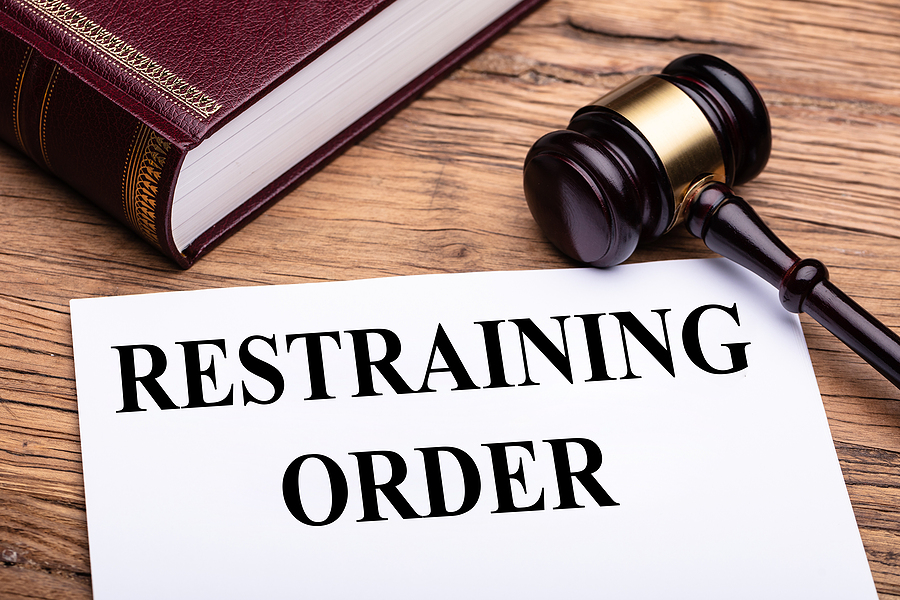Domestic violence is a serious problem in Indiana and across the United States. According to governmental data, in 2019 there were an estimated 1.2 million domestic assaults reported to law enforcement agencies nationwide. Unfortunately, it’s likely that many more cases of domestic violence go unreported and undetected each year.
In Indiana, law enforcement officers are trained to respond quickly and effectively when called upon for assistance with a domestic dispute or complaint. The state has specific laws in place that dictate how police should handle these types of calls to ensure the safety of all involved parties while also providing victims with necessary resources and support services they need to get out of dangerous situations.
In this blog post, we’ll take a closer look at how law enforcement responds to domestic violence calls in Indiana so you can be better informed about your rights and responsibilities if you ever find yourself facing such a situation.
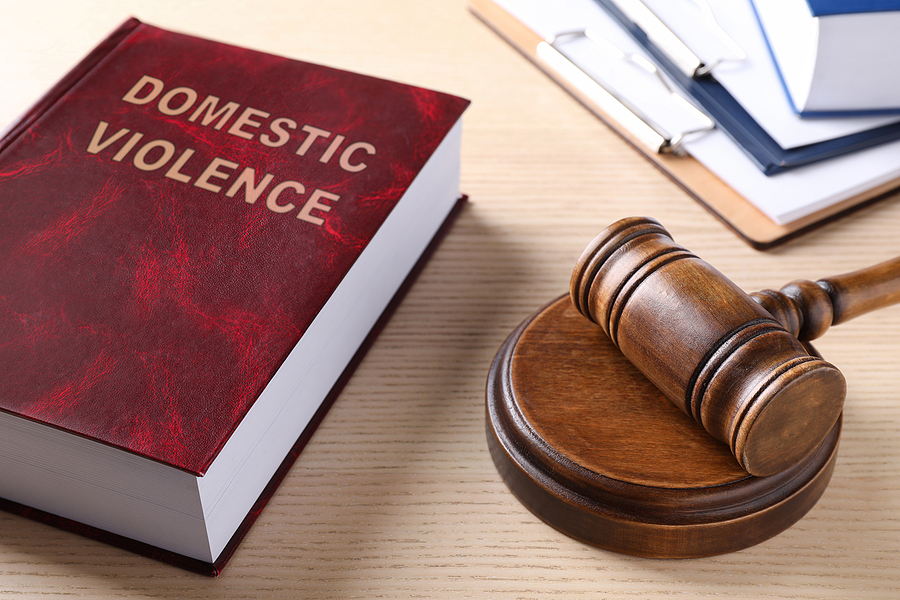
Domestic Dispute Police Response Process in Indiana
When law enforcement is called to respond to a domestic dispute in Indiana, the officers must first assess the situation. They will ask questions, such as whether or not any weapons are present, and take note of other signs that could indicate domestic violence is taking place. If it appears that an act of domestic violence has occurred, the officers must comply with certain procedures, such as interviewing any involved parties and performing a protective sweep of the dwelling.
The officers must also make sure that any victims of domestic violence are taken out of immediate danger and provided with appropriate resources, such as temporary housing or restraining orders. The officers must also take necessary steps to ensure the safety of all parties involved by making sure that any weapons present are collected and securing the scene.
In Indiana, law enforcement officers have an obligation to protect victims of domestic violence. They must evaluate each situation independently and determine if there is probable cause for arresting someone or issuing a Domestic Violence Order of Protection. If so, they can take necessary steps to provide victims with the safety and security they need to get out of a dangerous situation.
Cooperate With Police and Stay Calm
Whether the victim, the accused, or both, always be polite with law enforcement, as they are there to help. Guilty or not, if they place you under arrest, remain calm and don’t say another word until you have spoken with your Indianapolis criminal defense attorney. Once you are booked into the jail system, you can contact your lawyer and get bonded out of jail. From there, you will work on your defense.
Overall, it’s important to remember that law enforcement officers in Indiana take domestic violence calls seriously, and their primary goal is to protect victims and ensure the safety of all parties involved. If you ever find yourself in such a situation, please know that help is available, and you should not hesitate to call for assistance.
Putting an End to Domestic Violence
It’s important that we all work together to end domestic violence and make sure that those affected by it get the help they need urgently. And by working with law enforcement and other organizations dedicated to ending domestic violence, we can ensure that everyone in Indiana has access to the resources and support services they need. Let’s all play a role in making sure our state is free from domestic violence.
If you or someone you know is in a dangerous situation, don’t hesitate to reach out for assistance. Contact 911 in the case of an emergency. You mat also contact your local law enforcement office or visit the Indiana Coalition to End Domestic Violence website for more resources and information.
If you have been falsely accused of domestic violence, hire an aggressive lawyer who can protect your rights and get your charges dropped in Indiana. Contact the Law Office of David E. Lewis at 317-636-7514 to schedule a meeting with our experienced domestic violence defense lawyer in Indianapolis. Meet by phone or in person at our law office, based conveniently in Downtown Indy.
Related Posts:
FAQS About Domestic Violence Arrests and Charges in Indiana
What to Do if You Were Falsely Accused of Domestic Violence
The Indiana Rule For Domestic Violence

